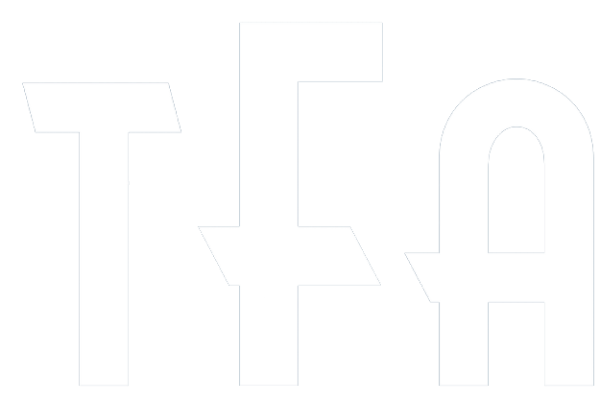Submit an Offer
Request Info
Born in Oxford, David is a Canadian who has lived in England, Canada, Thailand, and Malaysia, the East Village in New York and now Montreal. He has a degree in Political Science from Simon Fraser University in Vancouver. With his band, and as a solo artist, David has sold over 1.3 million records.He has won 5 Junos (the Canadian Grammy) including 2002 Pop Album of the Year. Also in Canada, he has had 10 different singles hold the #1 spot on radio, and 10 singles in the top ten. David has also had "top ten" and "top twenty" radio singles in England, Germany, Switzerland, Thailand, Malaysia, Indonesia, Poland, Russia, Hungary, Sweden, Austria, Czech Republic, Israel, Greece, Italy, France, The Philippines, Singapore and Taiwan.David has traveled to Burma for WarChild to film a documentary on children affected by war. He has performed for Fashion Cares and is presently part of the campaign to Make Poverty History. David has also recently finished a cover version of John Lennon's "Watching the Wheels" for Amnesty International.Though heavily involved in the production of all his records, Wake Up and Say Goodbye is David Usher's first entirely self-produced effort. Recorded almost exclusively with his touring band, the new record is very much an extension of the harder edge David developed touring 2007's Strange Birds. "That was a key thing,'" he says. "Making something that continued what we were doing live, which is kicking ass."There are trademark intimate moments on the record, the dramatically sparse ‘When It Hurts', for one, featuring Montreal cellist, Jorane, but the album's sound is a definite departure. From tight barnburners like ‘We Are Wolves Here', to anthemic tracks like ‘And So We Run', and ‘Everyday Things', it favors aggressive vocal performances and a heavily guitar-based sound. A sound more characteristic of David's high energy live show than past recordings, and nowhere is that more evident the on the lead single, ‘Kill The Lights', featuring Quebec superstar, Marie-Mai.Part of David's lasting appeal is his ability to maintain an ongoing dialogue with his listeners and tell stories without boxing them in. Wake Up and Say Goodbye extends that dialogue, but it goes well beyond the record…Throughout the writing and recording process the singer let his fans in, giving up acoustic versions of songs in progress, videos of recording sessions and commentary on the process. "The record became the climax of the story," he says, "the exclamation point," but it's not the sole document. "All the things you do – every video, every blog post, every photograph, every song idea – are part of your creative life. You let those things out online, engage your community and let them be part of that life."David's fascination with the evolution in the way we exchange and communicate ideas feeds an obsession with what he calls ‘the noise of life' – an ever-increasing onslaught of technology, information, and personal media. But it would be a mistake to read the title of the record as a parting statement from an artist suffering information overload. Far from it – Wake Up And Say Goodbye is very much about reconnecting, he says, "plugging back in to those few key things that make life amazing."Part of his personal process of reconnection was a spontaneous decision to return to Montreal after 4 years in New York City. A move that allowed him to reconnect with a city, a lifestyle, and an artistic community he has deep roots in. More importantly, it enabled him to indulge a newly focused passion for where art meets technology and social media, one that informs every facet of his career.Recorded in the apartment he'd first rented upon returning to Montreal, the process was a nod to the way he recorded his 1998 solo debut, Little Songs. "I didn't want to go into multi-million dollar studios. I wanted to record in a way that was sustainable and max out the technology we had." That allowed David to push the boundaries he'd previously stayed within while recording in non-traditional spaces. "And that added something to the record," he explains, "that we could set up our own environment that we were comfortable with and make the record we wanted to."Where Little Songs was intentionally lo-fi, Wake Up and Say Goodbye is anything but. Integral to that was a chance meeting with Montreal based producer/mixer, Fred St-Gelais, whose use of technology merged completely with David's. ""It couldn't have been more perfect – the way Fred thinks about recording and technology and the way I embrace things the same, exact way – he's been key to the record.""These days, artists are taking back so much for themselves," David explains. "The music business is different, but the creative cycle is different, too. It's about engaging a community in your creative life with constant output." The old cycle focused on withholding "You have an idea, an inspiration, and hold onto it for two years. The web allows you to let them go. It doesn't mean you don't continually develop those ideas, but you can release them and move on."That approach suits David's work ethic perfectly. "I can't sleep. I work endlessly. I love it. The web frees me to be more creative, and the reality is the more creative you are, the more creative you can be."It's also an approach he's applying beyond his musical output, and taking to the growing community inhabiting the fringes of his wider creative life on www.davidusher.com and www.cloudid.com. "You treat your community as you want to be treated yourself," he says. "The old way was to create whatever you're going to create and shove it down people's throats. Now you have to create a conversation."
